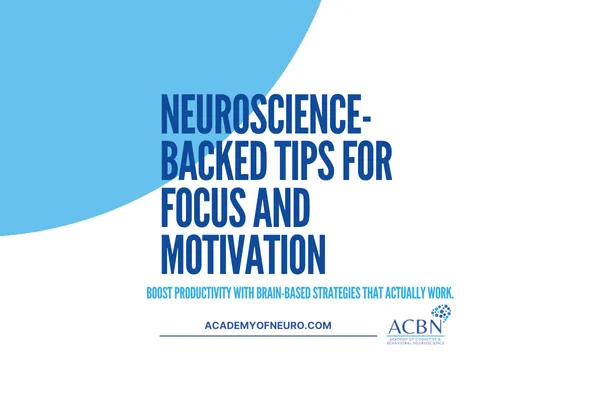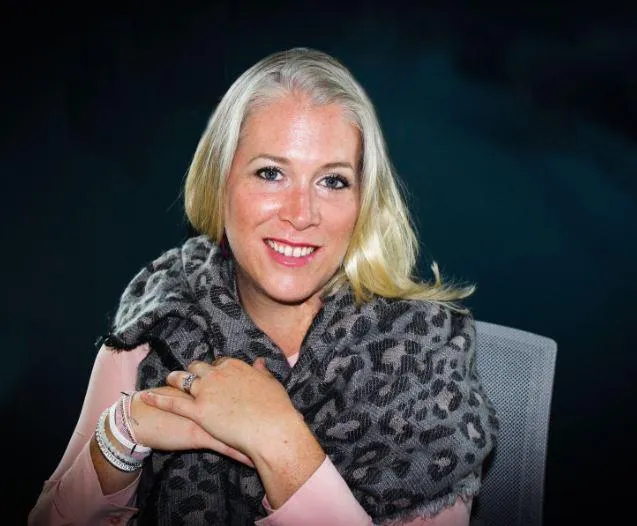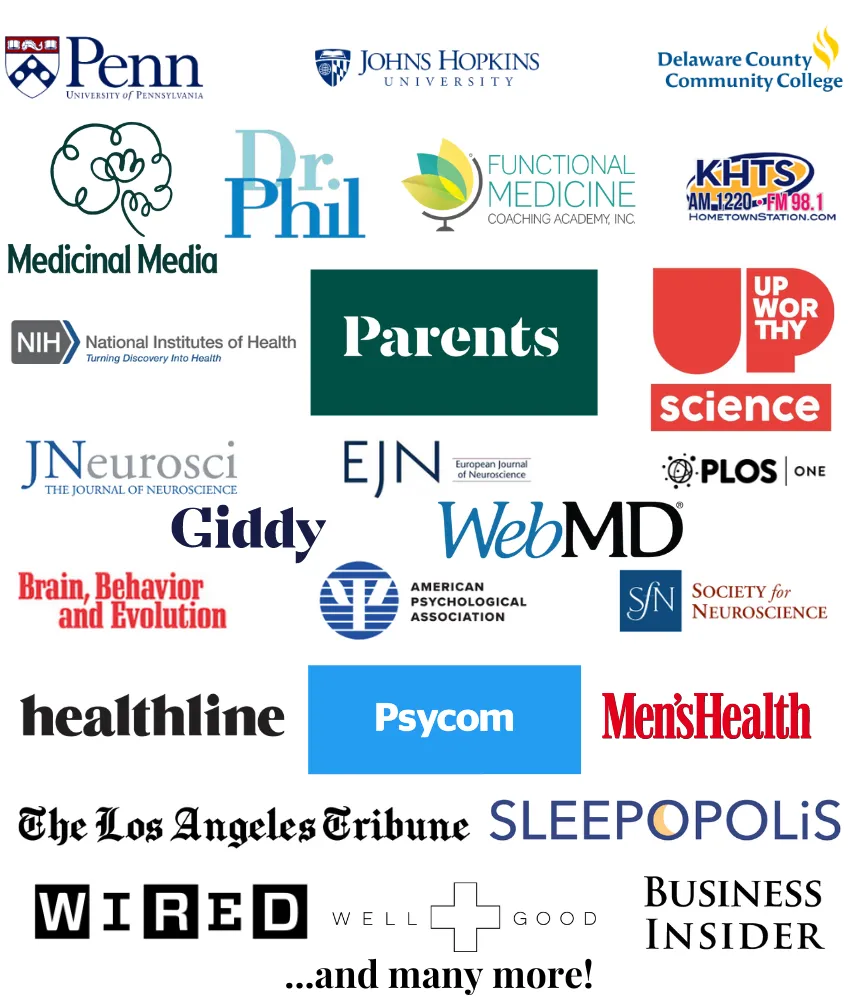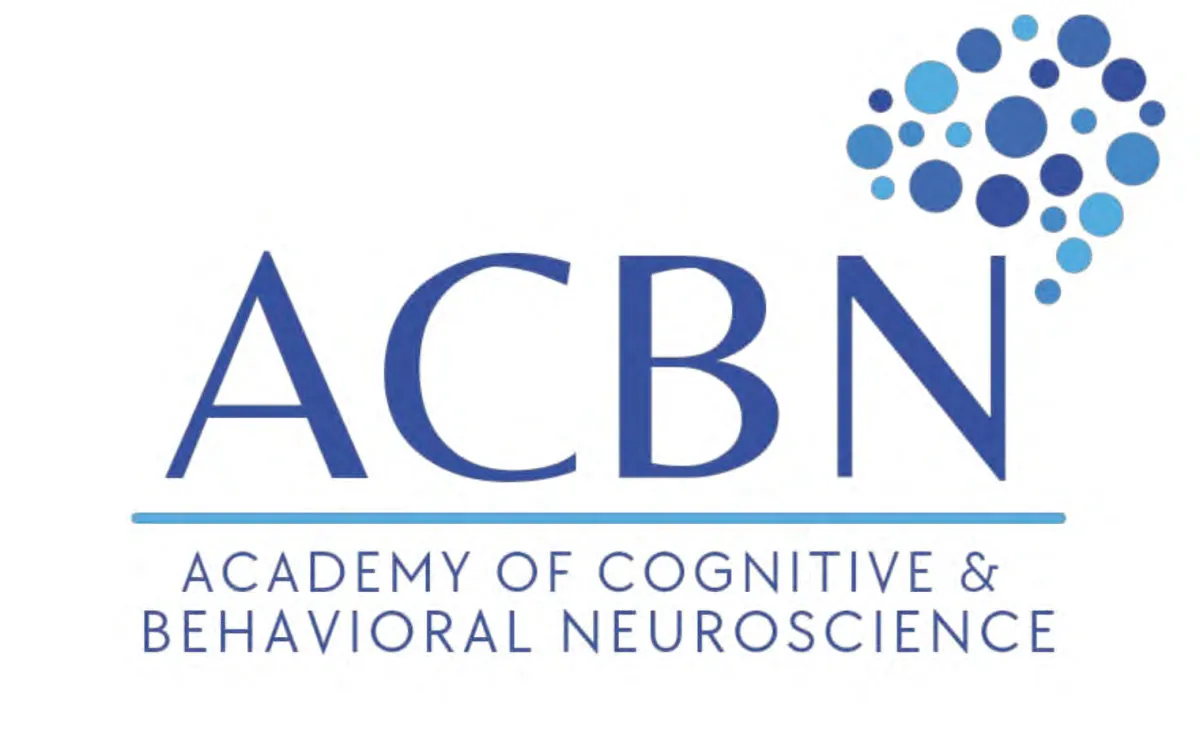
Welcome to Neuroscience Nuggets, your treasure trove of brain science knowledge designed to unlock the secrets of personal and professional growth! If you've ever been curious about the power of the brain and how it influences our thoughts, emotions, and behaviors, you're in the right place!!
Neuroscience, the captivating study of the brain and nervous system, offers a goldmine of insights to enrich our lives and those of our clients. At Neuroscience Nuggets, we're dedicated to making brain science approachable, exciting, and applicable in all aspects of your journey. Whether you're seeking to nurture your own well-being or enhance your professional practices, our nuggets of wisdom will equip you with practical tips, strategies, and evidence-based approaches to empower yourself and your clients.
Join us as we embark on an exhilarating adventure into the realm of neuroplasticity—the brain's remarkable ability to change and adapt. Together, we'll explore how harnessing neuroscience can lead to personal fulfillment, enrich your relationships, and supercharge your professional impact. So, grab your pickaxe and get ready to dig deep into the world of neuroscience nuggets. Let's unlock the untapped potential of the brain and unearth the pathways to personal and professional growth together. 🌱🌟

Motivation Isn’t About Discipline—It’s About Working With Your Brain
Let’s be real: willpower is overrated.
How often have you stared at a task—knowing it’s important, knowing it matters—and yet, you just couldn’t get yourself to begin? It’s as if your brain hits the brakes while your goals keep accelerating ahead.
This experience isn’t laziness. It’s not a character flaw. It’s actually your brain doing its job—protecting you from perceived cognitive overload.
And once you understand the science behind that “stuck” feeling, you’ll know exactly how to move through it—not with force, but with neuroscience-backed strategies.
The Motivation Myth: It’s Not About Trying Harder
Motivation is often misunderstood as a personality trait or a fixed characteristic—either you have it, or you don’t.
But neuroscience tells a different story.
Motivation is closely tied to the dopaminergic system in your brain. Dopamine, often called the "motivation molecule," is a neurotransmitter that plays a key role in reinforcing behavior. It’s released when we anticipate or experience something rewarding.
What’s crucial to understand is this: dopamine doesn’t just respond to achievement—it responds to progress.
The Progress Principle: Tiny Wins, Big Momentum
This is where the Progress Principle comes in. Originally coined by Teresa Amabile and Steven Kramer, it’s the idea that making small, meaningful progress boosts our inner work life—and, as neuroscience research confirms, stimulates dopamine release.
That dopamine hit reinforces the behavior and motivates us to continue. It's a positive feedback loop: one small win makes the next feel more achievable. That’s why checking something off a to-do list feels so good—it’s not just satisfying emotionally, it’s chemically motivating.
Think of it like this: motivation isn’t the fuel that gets the engine running. It’s the result of forward motion. Action precedes motivation, not the other way around.
How to Hack Your Brain’s Dopamine System (Without Burnout)
The key to sustainable motivation is working with your brain’s reward system. Here’s how you can do that, right now:
Break your task into micro-steps. Each step should take 5–10 minutes max. This lowers the brain’s resistance and prevents overwhelm.
Start with one, tiny action. Just opening a document or writing a subject line counts. This initiates the dopamine loop.
Pause and recognize the win. Reflecting on even a micro-accomplishment helps your brain associate action with reward.
Stack the momentum. Once dopamine is released, use that burst to ride into the next task.
For example, instead of tackling “Write proposal,” reframe it into “Open Google Docs,” “Title the document,” and “Draft the first sentence.” Suddenly, you’re not procrastinating—you’re progressing.
Why This Matters for Coaches, Therapists, and Professionals
Understanding these brain-behavior dynamics is essential for anyone in the business of transformation—whether you’re coaching, leading, or supporting others through change.
That’s why at the Academy of Cognitive and Behavioral Neuroscience, we’ve built an entire module around Learning, Motivation, and Habits in our certification programs. It’s not about surface-level productivity hacks—it’s about teaching professionals how to create deeper, lasting impact by aligning strategies with how the brain actually works.
Our students walk away with frameworks and tools grounded in science—so they’re not just giving advice; they’re facilitating real neuroplastic change.
Real Results: What Our Graduates Are Doing Now
Erica, a life coach, came into the program with a passion for helping clients break out of self-sabotage cycles. After diving into the neuroscience of motivation and habit formation, she launched a new group program using a brain-based progress framework. It sold out—with a waitlist!
Dante, a wellness consultant and fitness trainer, took the habit design tools from our program and restructured client engagement strategies. He reports an increase in client productivity and a noticeable improvement in overall health within two quarters. He now has so many new client referrals he's hiring a new team member to assist him.
Sheryl, a therapist, integrated our neuro-based habit model into her cognitive-behavioral sessions. Her clients began experiencing faster breakthroughs, and her confidence as a clinician soared—leading to multiple speaking invites and referral growth.
These aren’t just “success stories”—they’re evidence of what’s possible when you stop pushing harder and start working smarter, in partnership with the brain.
You Can Do This Too
If you’re ready to take your skills to the next level—and want to stand out with tools backed by science and results—it’s not too late.
Join our community of high-impact professionals earning their Advanced Certification in Cognitive and Behavioral Neuroscience. Learn how to activate motivation, build habits that last, and serve your clients with greater confidence and credibility.
Want more info? Visit https://academyofneuro.com/certifications or Message me “Certification” and I’ll send you everything you need to take the next step.
Let’s get your brain—and your clients’—working for success.

Meet Your Blogger
Dr. Hayley Nelson earned her PhD in Psychological and Brain Sciences from The Johns Hopkins University, is a tenured professor of Psychology in the Philadelphia area, and is an international speaker. She has over 20 years of teaching experience with students from diverse backgrounds, has several peer-reviewed research publications and previous research and faculty appointments with The National Institutes of Health, The Johns Hopkins University, and The University of Pennsylvania.
If the idea of learning about the brain and neuroscience feels overwhelming and intimidating, Dr. Hayley is the perfect neuroscientist for you. She's a busy mom of 2 with a great sense of humor, and she prioritizes bringing some fun and compassion to a field that can feel a little "hardcore". You can expect lots of real world experiences and examples and an open, caring learning environment where there are no stupid questions. Listening to one of Dr. Hayley's discussions feels more like a conversation with a family member (a really smart family member).
By creating the Academy of Cognitive and Behavioral Neuroscience, Dr. Hayley Nelson combined her knowledge of the human mind and brain health with her passion for education, teaching, and consulting to truly make neuroscience approachable. Her students learn easy-to-swallow knowledge of how the brain works in real-life situations and are armed with an education in a subject they can use literally every single day. Not only that, they gain the power to serve their clients better and create an environment for their communities to thrive.
Dr. Hayley's Featured Contributions, Publications, and
Faculty & Research Appointments

With a Certification in Cognitive & Behavioral Neuroscience, you will gain the confidence to speak with authority about HOW & WHY what you teach your clients actually works.
Neuroscience feels intimidating, and perhaps you've always thought that you're not positioned to be an authority on the science behind what's happening in your client's brain. Dr. Hayley Nelson founded the Academy of Cognitive & Behavioral Neuroscience, and she designed this Certificate Program with one goal in mind:
To make neuroscience approachable for professionals who want to distinguish themselves from others in their field with a unique and comprehensive understanding of the latest research and innovative techniques in neuroscience, and earn a highly respected certification in cognitive and behavioral neuroscience that sets them apart as a true expert in their field.
After completion of the certificate, students will uncover a newfound sense of confidence and neuroscience knowledge, will stand out in their industry by offering something unique to their clients, gain credibility, better serve their existing clients, and be positioned to take on more clients best suited for their programs.
Have questions about the Certification Programs from Dr. Hayley and
The Academy of Cognitive and Behavioral Neuroscience (ACBN)?
Want to book a 1-on-1 Office Hour consultation with Dr. Hayley?
Want to See What it's Like to Learn from Dr. Hayley?
Want to Stay in the Loop with Dr. Hayley and ACBN?
Connect directly with Dr. Hayley!
Click the blue chat bubble in the right-hand corner of the screen to get in touch with me, or connect with me on social media.





